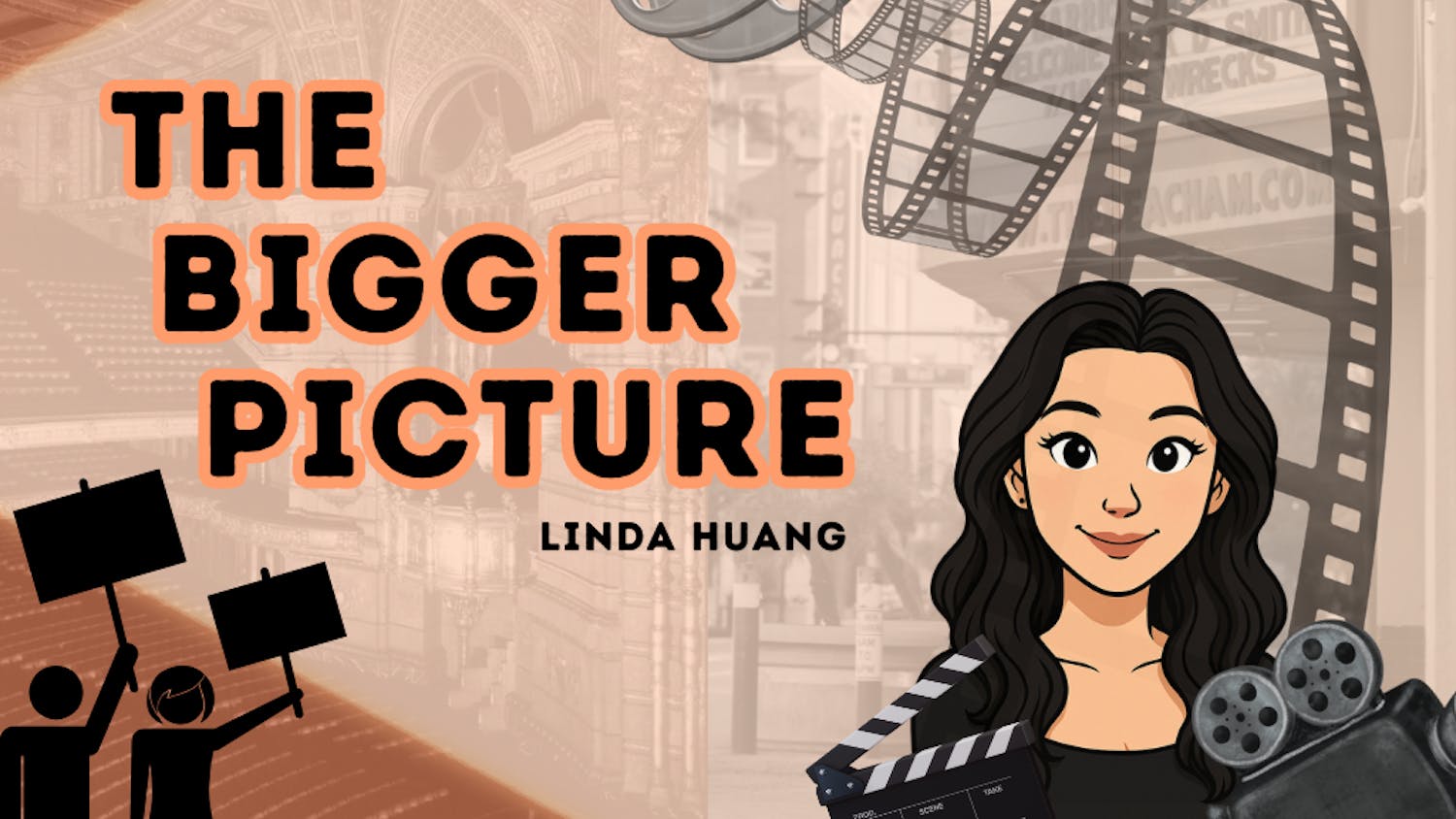After being pulled from the Berlin Film Festival at the last minute and banned by Chinese censors for nearly a year, the Chinese film "Better Days" (2019) was finally released in mainland China on Oct. 25 and in the U.S. on Nov. 8.
The movie was adapted from the Chinese young adult novel "In His Youth, In Her Beauty" (2016) by Jiu Yuexi. The novel was involved in a controversy surrounding plagiarism of "Journey Under the Midnight Sun" (2015) by Japanese author Keigo Higashino, but the film adaptation of "In His Youth, In Her Beauty" was acclaimed.
The film is directed by Derek Tsang, known for his former work "Soul Mate" (2016). Although the movie tells a romantic crime coming-of-age story, its all-too-realistic portrayal of high school bullying and the stressful Gaokao (Chinese college entrance exam) reveals the darker side of adolescent struggles. As Tsang tells the story of high school student Chen Nian (Dongyu Zhou) and young street thug Xiao Bei (Jackson Yee) with their blood, sweat and tears, the audience gets to experience the mental trauma, the violent fighting and the budding romance between the two characters.
Unlike most of the coming-of-age movies, "Better Days" dives deep into the animalistic nature of adolescence — an age when kids are old enough to cause vital damage but not old enough to care. Such naïve cruelty grows vehemently under the stress of Gaokao and desperation to escape the bleak life in a third-tier Chinese city, where the movie takes place.
The story starts several weeks before Gaokao, with a teacher asking students to rearrange their seats according to their rankings from the mock test — those who score well get to sit in the front row and “those at the bottom might as well give up now.” Chen Nian, a shy but intelligent student who lives with her single mother, silently moves her chair to the front row under the vicious jealousy from her classmates. Under the morbidly competitive campus environment, Chen Nian’s brilliant academic standings certainly cause some hatred; a group of “mean girls,” who had recently bullied Chen’s best friend into jumping off an academic building and committing suicide, change their next target to Chen. Starting from minor offenses like alienating Chen, tearing apart her textbooks, pushing her off the stairs and hitting her with a volleyball, the clique soon escalates the offenses to shocking results.
Similar to Chen, who has no father and a single mother who is out of town hiding away from black market revenges, Xiao Bei is a young street thug, abandoned by his parents, who has learned to survive on stealing and seeking safety with his fists. Chen meets Xiao Bei as he gets beaten up on the street in a gang fight. After Chen empathizes with his suffering and asks him “if he hurts,” the two form an emotional bond.
Xiao Bei decides to protect Chen; he becomes her shadow, following her from street to street to offer protection but always keeping a distance so that Chen will not be affiliated with the violence he commits. The story eventually reaches its climax the day before Gaokao when Xiao Bei takes revenge for Chen against the clique who bullies her. As Chen writes in her notebook: “All of us are living in the gutter, but some are staring at the stars,” the story ends on a hopeful note.
Chen scores well on Gaokao, a get-out-of-jail ticket that will send her away from the evilness of the town. In this situation, Gaokao becomes a symbolic hope for both Chen and Xiao Bei; as Xiao Bei says, “Only if you win am I not losing.” However, with all the darkness and violence Xiao Bei and Chen have to carry, paradise once lost is lost forever with the last lingering innocence of their fierce adolescence.
As a movie, "Better Days" has several shortcomings — the pacing in the second half of the movie is unnecessarily slow and some of the more blatant scenes of school bullying are cut due to censorship — but has nonetheless caused a stir in Chinese society. The emotionally heavy story reminds the audience again and again of the burden adolescents have to carry: social class disparity, stress and insecurity projected as violence and malice in a harsh world and schools’ lack of attention to anything else besides test scores.
What would have become of Chen if there hadn’t been a Xiao Bei walking behind her in the shadow? And who should be responsible for their tragedy? The story of "Better Days" ends but leaves the audience thinking about the darker side of the imperfect education system.
'Better Days' reveals the dark undertones of Chinese Gaokao and school bullying

A promotional photo for 'Better Days' (2019) is pictured.
Summary
'Better Days' addresses the stresses of Chinese adolescence with blood, sweat, and tears.
4 Stars




